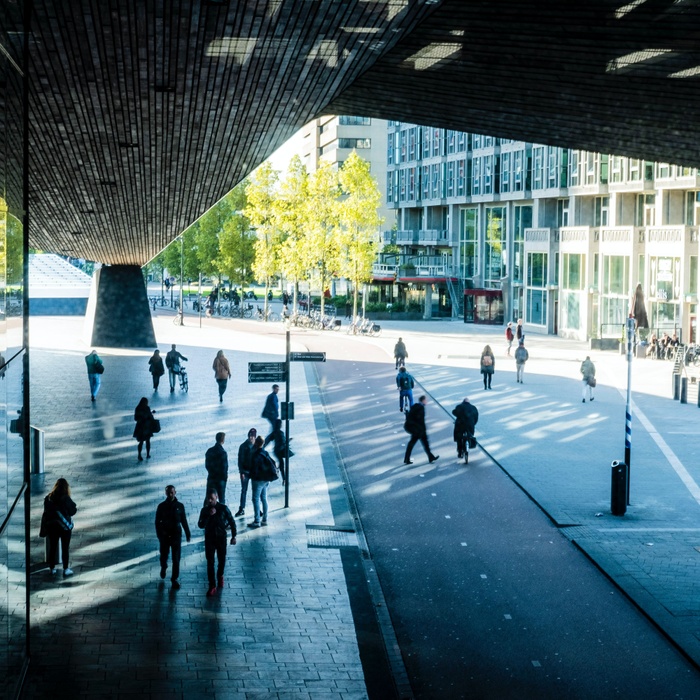
The Great Return: How To Embrace This New Workplace Trend
Over the last two years, the working world shifted to a fully remote work environment. Businesses across all industries have thus had to reconsider their physical workspace and how workers perform their job duties.
The Great Return has become a common phrase, which points to the impending return to the office, redefining what office work means for each business. This article explores this term, what it could look like for employees, and how flexible office space can help.
What Is the Great Return?
During the COVID-19 pandemic, companies around the globe experienced the Great Resignation, in which millions of workers left their jobs to pursue new careers or life paths.
Now, businesses are dealing with the Great Return: companies that are bringing their employees back to the office after months and sometimes years of remote work. Half of the business leaders around the globe already require or are planning to require a return to in-person work on a full-time basis in the next year.
However, the Great Return can take shape in many different ways. Aside from a full-time return, some businesses are opting for a hybrid approach, wherein employees split their week between working from home and in the office. According to Microsoft data, 53% of people may transition to hybrid work in the coming year. This option may appeal to workers who are on the fence about returning in person.
Do Employees Want to Return to the Office?

One important question to ask is whether employees really want to return to a more traditional work setting. Today’s workers may not understand the point of in-person work when they’ve been just as productive at home.
One global poll from Advanced Workplace Associates found that only 3% of white-collar workers want to return to the office five days a week. The report found that 86% of employees want to work from home at least a couple of days a week.
Thus, employers may risk losing more workers if they decide to require employees to return full-time. One answer to these concerns: more flexible office space.
How Flexible Office Space Can Help Managers Navigate the Great Return

Flexible office space is an effective solution for a range of businesses. This approach allows business leaders to stay adaptable to any unforeseen circumstances and encourages employees to come back to work with less pressure.
Here are three key benefits of flexible space:
1. Vibrant Work Environments
Flexible office space can appeal to modern workers with open concept floor plans and free amenities. These perks help employees feel welcomed and excited about coming back to the office.
2. Ability to Upscale and Downscale
If the pandemic taught us anything, it’s that the work landscape can change in a moment. A more flexible workspace helps businesses stay adaptable, allowing them to scale up or down as needed on short notice.
3. Flexible lease terms
Companies can enjoy more flexible lease terms for office spaces by going this route. This helps them create a short-term plan that appeals to workers. Plus, they can shift as the next steps become clear.
There are plenty more reasons why flexible office space is an ideal solution for businesses of all sizes. Read the top 10 benefits of Flexible Office Space here.
The Great Retention
So what's next when it comes to the future of work? Employees need to look for innovative and inclusive ways to retain and attract top talent across the globe. One of the key trends in Microsoft’s Work Trend Index 2022 focused on the need for hybrid teams to embrace new and advancing norms surrounding the concept of flexible work.
Start Your Search for Flexible Office Space Today
Local market experts with you every step of the way.
As specialist brokers in the flexible office market, Rubberdesk is across all the options, offers and availability. We have real time pricing for thousands of spaces listed by hundreds of providers to help find your next office.
It's EASY, FAST and FREE to use Rubberdesk.
Start by telling us what you need.
We'll give you a call back with a bespoke shortlist of options to discuss.
Or give the experts a call 1300 433 757
